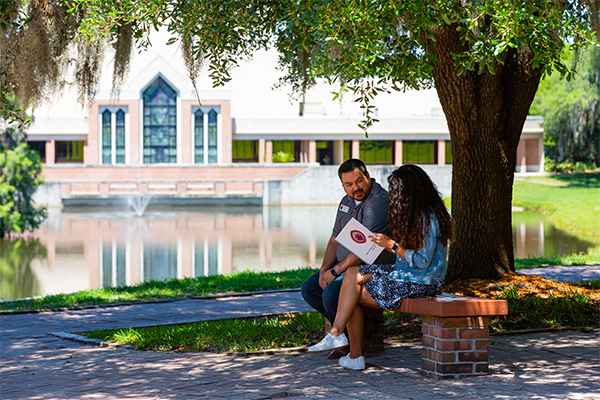
Planning the return to school this fall feels a little uncertain this year. It’s definitely not 2020, but many parents are still feeling a little less confident about the kids returning to school than they would like. For me personally, I know what I want school to look like for my children, and my kids know what they hope the experience will be for them.
What I want is to be able to look back (as in back in the past) at COVID and all of its protocols and impacts.
What my kids want more than anything is to be with their friends.
But there’s more to this than just what we want. Unfortunately, that’s just not where we are yet. The variant, its impact on individuals and our health care system, as well as decision-making about masks and vaccines are all proof that 2021 is still a year of COVID. We are all still facing a lot of uncertainty.
While we all do our best to make the decisions that we believe are right for our families, there is much more at play. It sounds like this, swirling around in our heads:
- What if we get sick?
- What if she isn’t ready to transition back to school?
- What if none of his friends are in his class?
- What if she can’t get into college?
- What if I can’t help him the way he needs me to?
- What if I am making the wrong decision?
All of these “what ifs” acknowledge the elephant in the room — our uncertainty about what will happen next and our limited tolerance for that uncertainty. Just as last year was filled with uncertainty, there is a lot of uncertainty leading us into this school year. We need to remember that there is always uncertainty about what will happen next. Whether that feeling causes an understandable and manageable level of worry or it becomes something we are almost constantly thinking about is an important distinction. Similarly, consider whether your concerns (or your child’s) relate to you and your family or are they part of something larger — a collective worry and shared uncertainty. The individual uncertainty we feel is definitely compounded by a societal worry right now.
Awareness of the likelihood of a higher level of baseline stress is a great first step. Also, know that this higher level of worry and stress applies to your child and to you. Your child isn’t the only one transitioning into school this fall — you and your whole family are transitioning. Acknowledge the pending transition, name the feelings related to that transition, and assess whether concerns are “what ifs” that you notice have crept into your thoughts or if they feel more intrusive, upsetting, and uncontrollable. If it’s the latter, talking with your doctor, a therapist, or connecting with support at school may be the most appropriate step.
Be aware that your worry can be reflected in your children. As you wonder whether they have concerns about school, focus on listening to their words and reflecting them back — repeating back to them the same word and the way they express those concerns — which can help them feel understood and comfortable enough to share more. Avoid any tendency you may have to lead them with what you guess they might be experiencing. Let them tell you about their world.
Writer Corrie ten Boom reminded us that “Worrying is carrying tomorrow’s load with today’s strength — carrying two days at once. It is moving into tomorrow ahead of time. Worrying doesn’t empty tomorrow of its sorrow, it empties today of its strength.” When I find myself worrying about something, I often ask myself what am I giving up doing or thinking about when I let this worry fill my mind? I ask the same of the students I see and support. They are often quick to share an alternative thought or activity they have been missing out on.
If you or your child have concerns about this year that are hard to shake but many of which are out of your control, try asking, “When I hold onto this worry, what do I have to let go of?” Maybe that sacrifice is also emptying your today of its strength. What do you want to hold onto instead?
 About the Author
About the Author
Amy Burrows Perkins is the Director of Student Services at Episcopal School of Jacksonville and is a Registered Mental Health Counselor Intern.
















